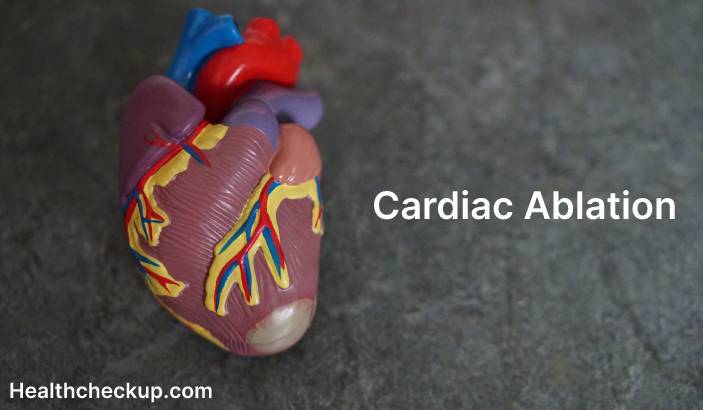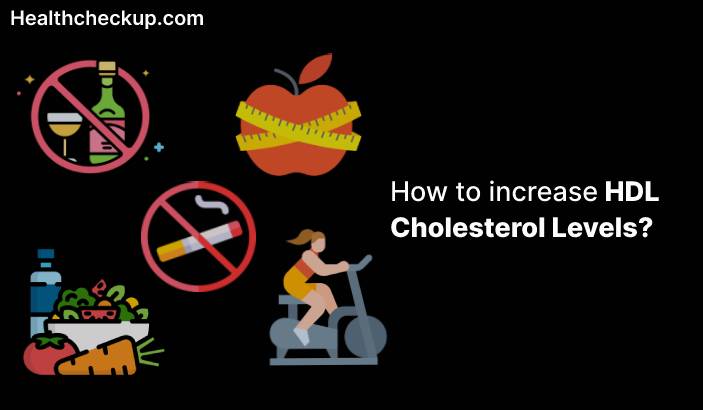Cholesterol is a type of fat found in the blood that plays a vital role in the body’s functions. However, high levels of cholesterol can increase the risk of heart disease and stroke. Understanding your cholesterol levels and maintaining healthy levels is an important aspect of overall health and wellness.
There are two main types of cholesterol: high-density lipoprotein (HDL) and low-density lipoprotein (LDL). HDL, also known as “good” cholesterol, helps to remove excess cholesterol from the body and lowers the risk of heart disease. LDL, or “bad” cholesterol, can build up in the walls of the arteries and increase the risk of heart disease.
A cholesterol test, also known as a lipid panel or lipid profile, measures the levels of HDL, LDL, and total cholesterol in the blood. The test is usually done after a period of fasting, typically at least nine hours, in order to get the most accurate results.
So, what is a good cholesterol level? The American Heart Association recommends the following cholesterol levels:
- Total cholesterol: Less than 200 mg/dL is considered optimal. 200-239 mg/dL is considered borderline high, and 240 mg/dL or higher is considered high.
- LDL cholesterol: Less than 100 mg/dL is considered optimal. 100-129 mg/dL is considered near optimal, 130-159 mg/dL is considered borderline high, 160-189 mg/dL is considered high, and 190 mg/dL or higher is considered very high.
- HDL cholesterol: 60 mg/dL or higher is considered protective against heart disease. Less than 40 mg/dL is considered a major risk factor for heart disease.
It is important to note that these recommendations are general guidelines, and your healthcare provider will take into account your individual risk factors when determining your ideal cholesterol levels.
There are several lifestyle factors that can affect cholesterol levels, including diet, physical activity, and tobacco use. To maintain healthy cholesterol levels, it is important to:
Eat a healthy diet that is low in saturated and trans fats and high in fruits, vegetables, and whole grains
- Exercise regularly
- Avoid tobacco use
- Maintain a healthy weight
- Limit alcohol consumption
If lifestyle changes alone are not sufficient to achieve healthy cholesterol levels, your healthcare provider may recommend medications, such as statins or cholesterol-lowering medications, to help lower your LDL cholesterol and reduce the risk of heart disease.
In conclusion, maintaining healthy cholesterol levels is an important aspect of overall health and wellness. The American Heart Association recommends keeping total cholesterol below 200 mg/dL, LDL cholesterol below 100 mg/dL, and HDL cholesterol above 60 mg/dL. Lifestyle factors, such as diet, physical activity, and tobacco use, can affect cholesterol levels, and making healthy lifestyle choices can help to maintain healthy cholesterol levels.








